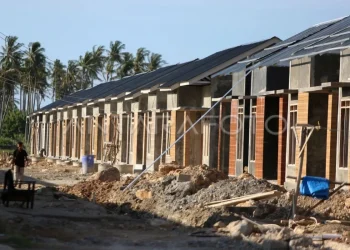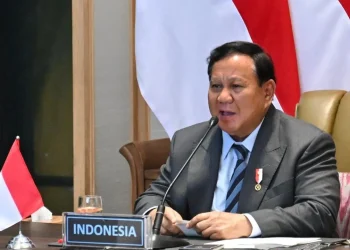Jakarta ( WNAM MONITORING): Women’s Empowerment and Child Protection (PPPA) Minister Bintang Puspayoga has emphasized the importance of synergy and cooperation between the government and non-governmental organizations (NGOs), academicians, women leaders, and religious leaders to eliminate discrimination against women.
“Cooperation between the government and NGOs, experts, women leaders, and religious leaders is important,” she said here on Monday.
She made the statement at the “40 Years of CEDAW (The Convention on the Elimination of All Forms of Discrimination against Women) Implementation: Strengthening the Synergy of Women’s Rights Protection in Indonesia” workshop.
Puspayoga noted that Indonesia officially ratified the CEDAW through Law Number 7 of 1984.
“This ratification marked Indonesia’s commitment to the rules in the convention and building a country with the spirit of eliminating all forms of discrimination against women,” she said.
According to the minister, this was a tangible action under the 1945 Constitution, which mandates that the Republic of Indonesia uphold equality and justice.
On the regulatory framework side, Law No. 12 of 2022 on the Crimes of Sexual Violence and its derivative rules have marked the progress in eliminating discrimination against women.
In addition, Law No. 4 of 2024 on Maternal and Child Welfare During the First Thousand Days of Life has bolstered efforts to break the chain of violence against women and children.
“It is a strength and progress in improving the quality of life of women in Indonesia,” Puspayoga said.
Through the two laws, it is expected that all forms of violence and discriminatory treatment of women can be minimized, she added.
Earlier, National Commission on Violence against Women (Komnas Perempuan) member Rainy Hutabarat urged the PPPA Ministry to provide education on CEDAW implementation.
Forty years after Indonesia’s CEDAW ratification, there is still discrimination against women, such as limited work opportunities, she said.








